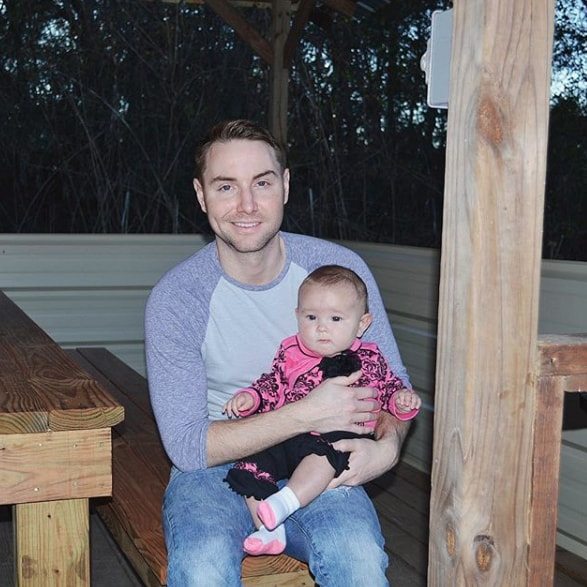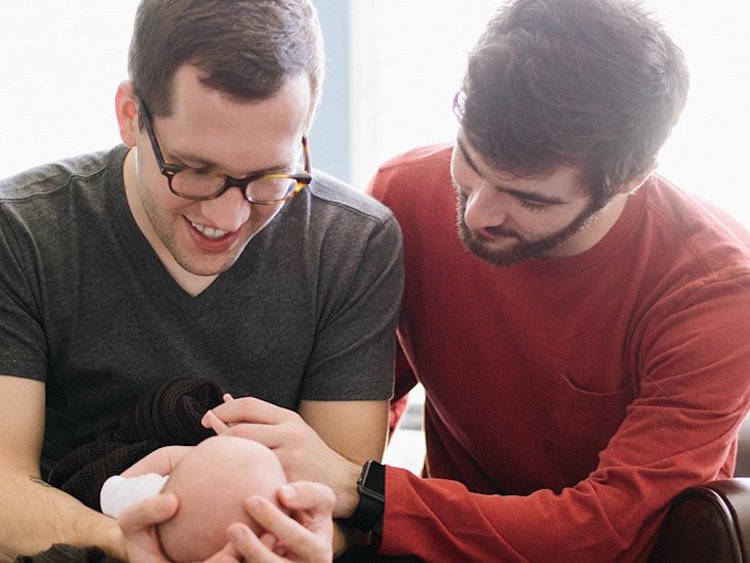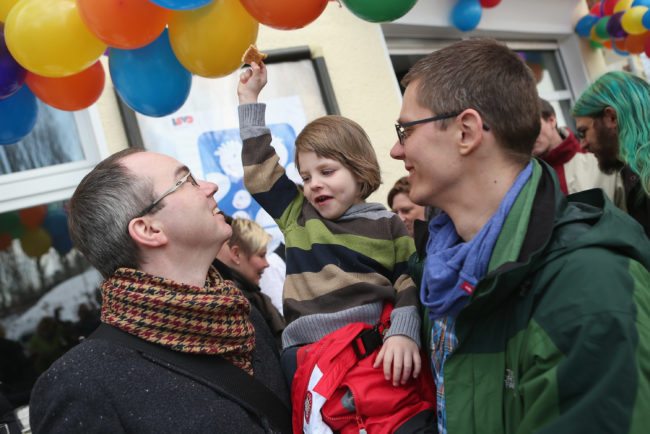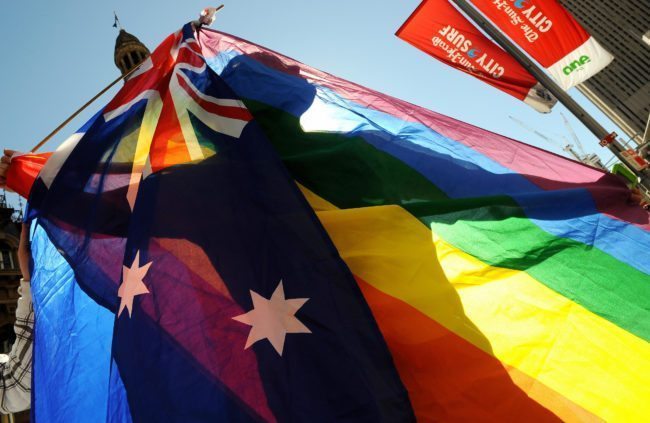The Times used an article about more same-sex parents to highlight a gay murder

There are more same-sex couples adopting than ever before.
New figures reveal that one in seven adopted children last year were taken in by a gay couple.
Wilsons, a private law firm that analysed the figures, say the number of gay couples applying for adoption increased from 510 in 2013-2014 to 586 last year.

Instagram @madenavy
Sarah Wood-Heath, an associate lawyer at Wilsons, said: “The door has really opened now for all kinds of individuals to start their own family.
“Same-sex adoptions are at a record high, and it may be that the legalisation of gay marriage in 2013 has been a catalyst for more same-sex couples to adopt.”
The number of same-sex couples adopting has fallen during the same period – from 4,914 in 2013/14, to 3,561 in the latest figures.
“Medical advances have meant that alternative birthing options such as surrogacy or IVF are increasingly attractive for many heterosexual couples – there are now so many options for anyone to have a child,” Ms Wood-Heath said.
While most people would welcome the increase in numbers of gay parents, The Times of London used the figures to discuss a gay murderer.

In an article on the data, the paper detailed the case of Matthew Scully-Hicks, a gay man who killed his daughter.
There was no evidence they had mentioned heterosexual parents who had killed their children in other stories.
The newspaper appears to have since deleted the article following criticism.

A recent comprehensive study found that the children of same-sex parents do just as well as the children of opposite sex parents.
The study, published in the Medical Journal of Australia, dismantles a key argument of Australia’s anti-marriage equality campaign that children require both a mother and a father to succeed.
The review of three decades of peer-reviewed research by Melbourne Children’s, a paediatric teaching hospital and research institute, found children raised in same-sex-parented families did as well emotionally, socially and educationally as their peers.
However the study did unearth that children of same-sex couples are damaged by discrimination from peers and the media.

(Getty)
The report’s authors hope it will curb misinformation about the effects of same-sex parenting.
“The findings of these reviews reflect a broader consensus within the fields of family studies and psychology.
“It is family processes – parenting quality, parental wellbeing, the quality of and satisfaction with relationships within the family) – rather than family structures that make a more meaningful difference to children’s wellbeing and positive development,” the researchers said.
It did, however, find that young LGBT people experienced much higher rates of psychological distress in Australia than their heterosexual and cisgender peers.

Prof Frank Oberklaid, author of the study, said: “Young LGBTIQ+ people are much more likely to experience poor mental health, self-harm and suicide than other young people.
“Sadly, this is largely attributed to the harassment, stigma and discrimination they and other LGBTIQ+ individuals and communities face in our society,” Oberklaid said.

